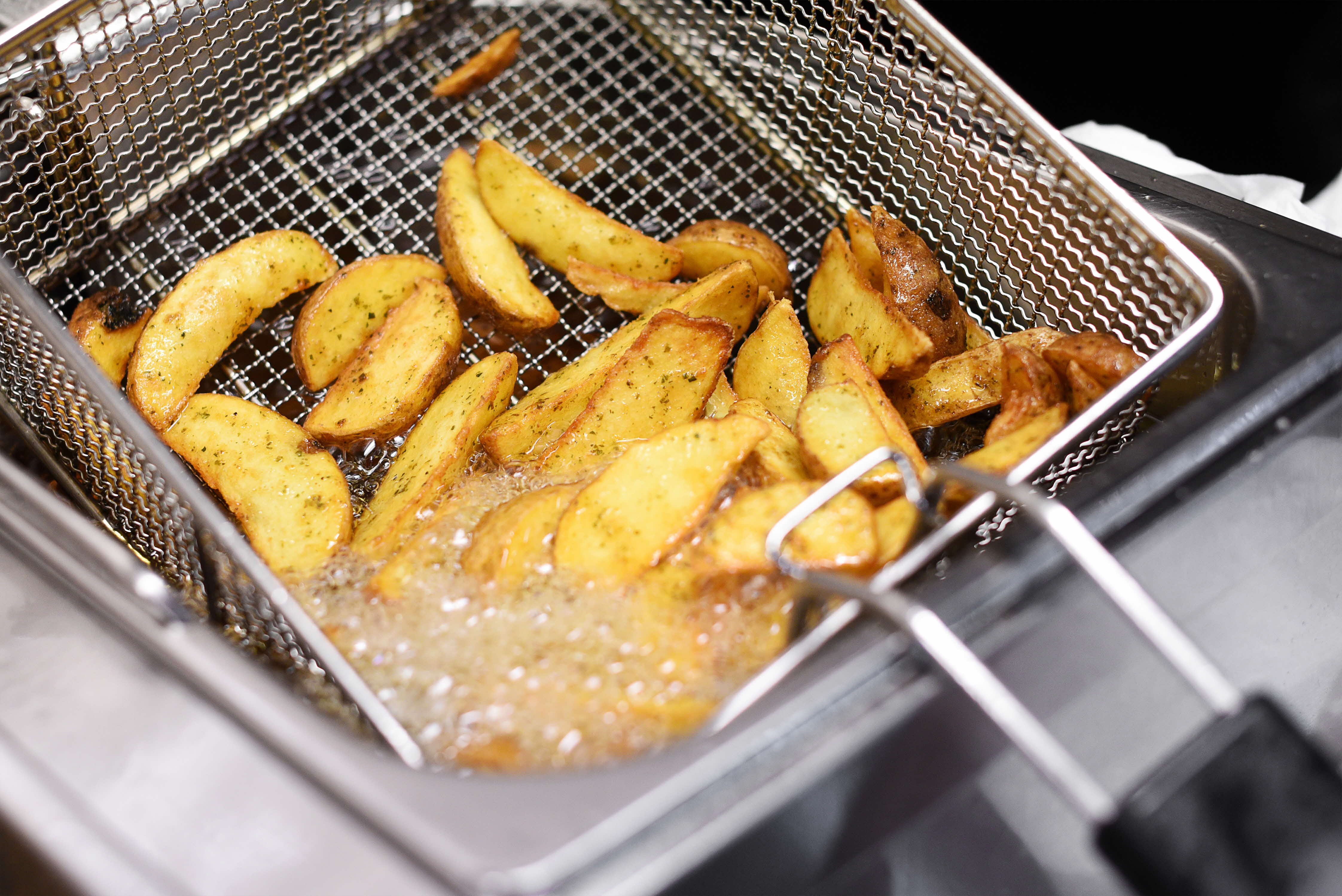
With a tight daily schedule of having to conduct pre-licensing inspections for new food establishments, SFA’s licensing officers needed to plan their route effectively so that they complete the inspections efficiently. However, having to travel to different locations within a day or to locate a unit in a mall or in a remote part of Singapore, could take time.
This prompted SFA to conduct a review of its pre-licensing process to explore tapping on technology to make the licensing process more efficient, making it easier for food establishments to obtain their licenses.
The deal with physical pre-licensing inspections
Before a food establishment is allowed to operate, SFA’s licensing officers will carry out pre-licensing inspections to ensure that the premises are properly equipped to handle and prepare food safely. These include carrying out infrastructure checks, such as ensuring that there are wall tiles or stainless steel cladding installed on the walls of the food preparation area. The officers also ensure that there are no overhead pipes in the food preparation area to prevent the risk of contamination to food in the event of pipe leakages. Additionally, the officers pay attention to the provision of equipment used in the area, including sinks and temperature gauges on refrigerators, to ensure the safe preparation and storage of food. Only establishments that meet all the licensing requirements will be issued with a licence.

An officer conducting a physical pre-licensing inspection
Physical inspections are resource intensive and time consuming. Taking into account the travel time between stops as well as the actual inspection, our officers can only conduct a maximum of 20 physical inspections daily. This meant that SFA have little flexibility to cater to any increased demand for inspections. The ongoing COVID-19 pandemic has also hampered inspections, resulting in disruptions to the inspection schedule.
Streamlining processes for increased efficiency
Taking a risk-based approach, SFA conducted a review of the pre-licensing process to enhance efficiency and help businesses get their licences quicker.
Based on an analysis of pre-licensing inspections conducted in 2018 and 2019, SFA found that more than 90% of applicants complied with requirements during their inspections. Of these, more than half were food establishments with minimal to low food safety risks, such as snack counters and bakeries. As such, from January 2022, applicants applying for a licence in these categories will only need to complete their pre-licensing inspections by submitting photos and a declaration form, to show that they have fulfilled the requirements for a licence.

Example of a photo submission
With virtual ease
Conducting inspections via the e-submission of photographs will free up resources and enable our officers to focus on food establishments with potentially higher food safety risks, such as food caterers and restaurants with extensive food handling practices. For these food establishments, SFA developed a virtual inspection protocol, where the applicant will submit a layout plan and then arrange for our officer to do a walk-through of the premises virtually. The officer will use the submitted layout plan as a reference to check that the premises meets the licensing requirements. Similar to a physical inspection, the officer will highlight non-compliances to the applicant for follow-up if these are observed.

Screengrab of a virtual inspection being conducted
Through virtual inspections, officers are able to save on time needed to travel to various food establishments and can then process more applications as well as cater to increased demands for inspections. This also allows for a more efficient licensing process as licences can be processed and issued quicker.
Additionally, as virtual inspections are not affected by restrictions put in place due to the COVID-19 pandemic, we can also ensure business continuity.
To test the effectiveness of the new process, a trial run was conducted between September 2020 and April 2021 involving approximately 660 applications. Licensing officers and applicants both welcomed the new process and gave positive feedback such as greater convenience, ease of use, lowered business opportunity costs and minimal disruptions to operations.
Following the success of the trial run, the streamlined process and virtual inspections were fully implemented in January 2022. To help food establishments navigate this new process, SFA will share step-by-step user guides during the application process. SFA will assist applicants who may require assistance to navigate this virtual process by conducting physical inspections in the initial months.
Food safety above all
While SFA continues to explore ways to tap on technology to enhance its processes and help businesses, food safety remains the utmost importance. SFA will continue to conduct routine checks after licence approval to ensure that food establishments uphold proper standards and practices. Precautions are also in place to safeguard against false images and declarations submitted during licence application.
Ultimately, with food safety being a joint responsibility between SFA, the food industry, and consumers, all parties have critical roles to play in ensuring the safety of Singapore’s food. While SFA ensures that regulatory measures are in place and properly enforced, the food industry needs to ensure that they comply with food safety requirements so that the food they offer to the public is safe for consumption. Consumers too, can do their part by equipping themselves with knowledge of food safety risks and adopting good food safety practices.



